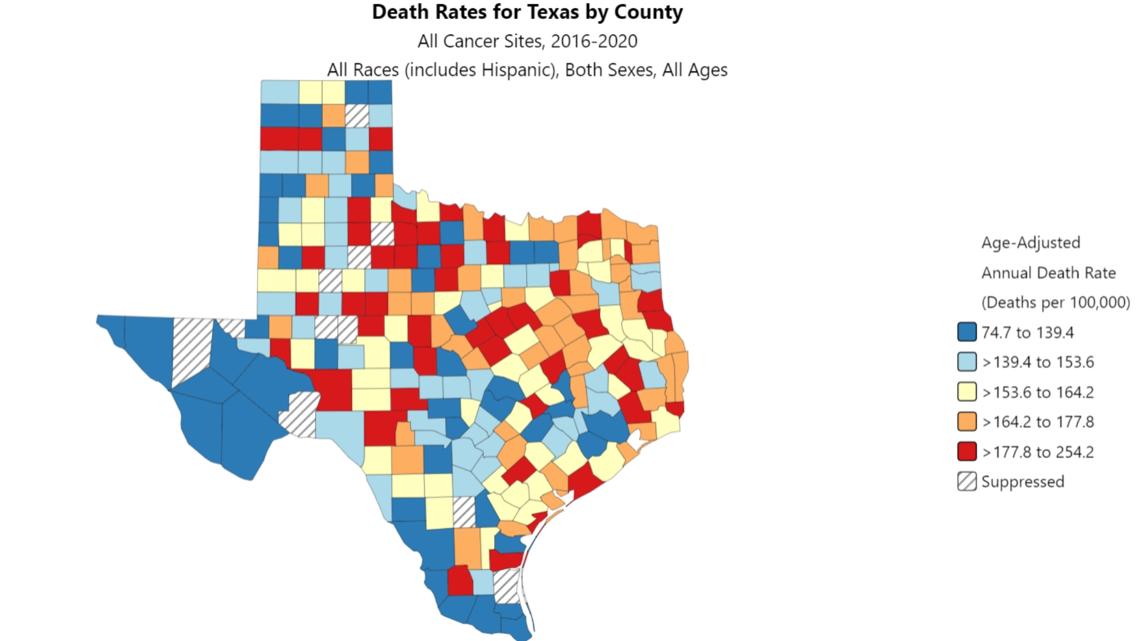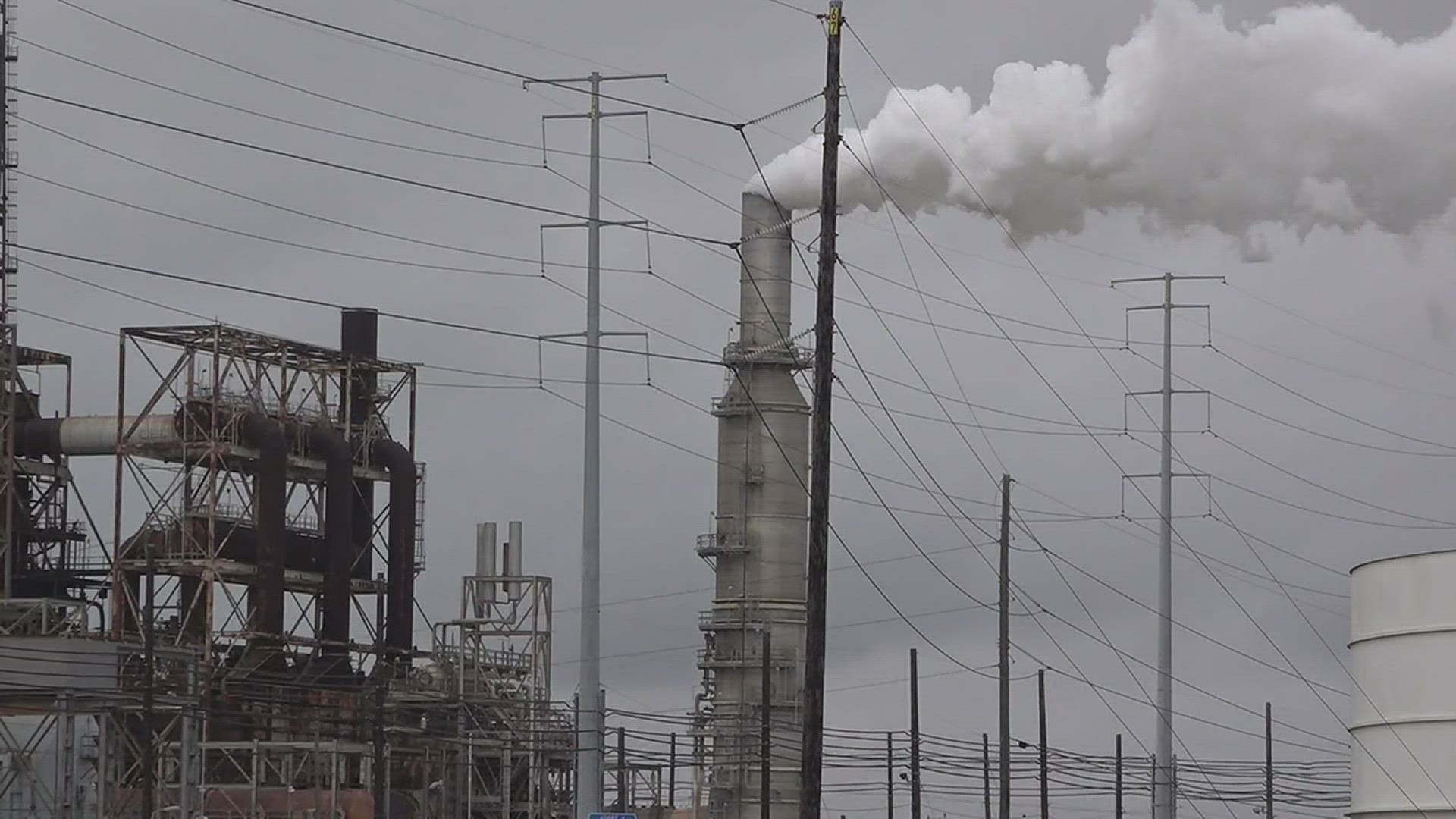BEAUMONT, Texas — The U.S. Environmental Protection Agency (EPA) is doubling down on toxic pollution by cracking down on six cancer-causing chemicals.
More than 100 plants across the country will be impacted and 17 of those are located in Southeast Texas.
Dr. Vinki Uddameri, a civil engineering professor at Lamar University, says these chemicals are used to make products like plastic and gasoline.
Dr. Uddameri tells 12News this new rule means it will cost companies more money to produce products because of the tighter restrictions. But less pollution could save lives in the long run, he says.
"These chemicals are ethylene oxide, chloroprene, benzene,1-3 butadiene, ethylene dichloride, and vinyl chloride," Dr. Uddameri said.
These six chemicals could cause cancer in people living in Southeast Texas, according to Dr. Uddameri.
"We have a lot of petrochemical refining plants so you would probably see things like benzene," he said.
Dr. Uddameri says the new EPA rule is doubling down on reducing emissions.
"One is to find a substitute that much is less benign, another way to go would be to make your process more efficient, so that you are putting out less of this in the emissions," he said.
12News reached out to several of the 17 Southeast Texas plants that would be effected by the new rule, none chose to comment.
Hector Rivero represents over 200 facilities in the industry. He told The Texas Tribune that "They will comply with the new regulations" but believes the way the EPA assessed health risk of ethylene oxide was scientifically flawed.
Southeast Texas community activist John Beard thinks the new rule is a good start.
"Most of these facilities have increased their emissions and capacity," Beard said.
This interactive map from the CDC shows cancer rates in Jefferson County. It shows that the area has a high cancer average.


"Port Arthur had over twice the state and national average for cancer. What you smell, as well as what you can't see, can kill you," said Beard.
Beard believes his work with nonprofit, Port Arthur Community Action Network has lead to more change.
"All of us have a part to play in stopping pollution and saving lives," he said.
Dr. Uddameri says the final rule has to go through several steps before it goes into effect. Companies will have between 90 days to 2 years to reduce emission on these specific chemicals.

